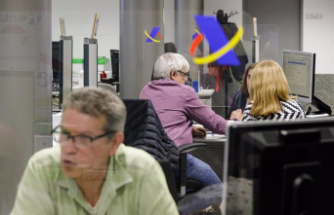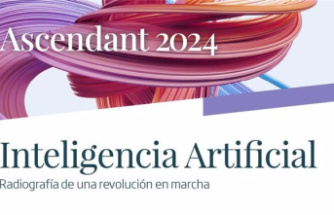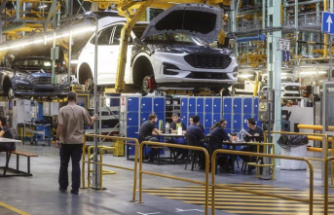The Council and Parliament have recognized the EU's ambition to increase biomethane production
MADRID, 8 Dic. (EUROPA PRESS) -
The European Parliament and the Council have reached a provisional agreement for the regulation of common internal market rules for renewable and natural gases and hydrogen, which includes a new European entity for hydrogen network operators (ENNOH, for example). its acronym in English).
The new hydrogen entity will be independent of the European Gas Transmission Network and the European Electricity Transmission Network, although it will take advantage of the synergies and cooperation between the three sectors, as explained by the Parliament and the Council in a joint statement.
This regulation and the directive provisionally approved on November 27 on the same matter are integrated into the 'Fit for 55' package, whose main objective is to achieve climate neutrality by 2050. Now both the Commission and Parliament need to endorse it. officially this new regulation that seeks to achieve the goal of climate neutrality by 2050.
This provisional agreement has also given approval to expand the aggregation mechanism for the joint purchase of gas adopted during the energy crisis.
Of course, the participation of gas companies "must be completely voluntary." Gas companies established within the Energy Community may participate in the mechanism as buyers, but supplies from Russia or Belarus will be excluded.
The creation of a voluntary mechanism to support the development of the hydrogen market has also received the green light, with the aim of facilitating the tasks carried out by the European Commission within the framework of the European Hydrogen Bank.
The Regulation shall contain provisions allowing Member States to adopt restrictions on the supply of natural gas, including liquefied natural gas (LNG), from Russia or Belarus, in order to protect the essential security interests of the Member States or the EU, taking into account security of supply and diversification objectives at the same time.
The Council and Parliament have also agreed to establish a principle of solidarity in the event of a crisis when there are no bilateral agreements.
For its part, the agreement also includes the establishment of a cross-border conciliation mechanism for a subsequent review of compensation, the voluntary reduction of non-essential consumption by protected customers and safeguards for cross-border flows.
Furthermore, a voluntary mechanism is foreseen, under which, on the basis of a request for solidarity by a Member State, another Member State not directly connected may also supply volumes of gas by applying market-based measures.
Regarding network tariffs, both institutions have agreed that, for the hydrogen market, each national regulatory authority must consult the regulatory authorities of neighboring countries on the draft tariff methodology and present it to the Agency for the Cooperation of Regulators Energy (ACER).
In this way, each regulatory authority at the national level will maintain the right to set its own rate. The Cooperation Agency could, at the request of a regulatory authority of a country, propose solutions if there is a tariff conflict through a non-binding opinion. ACER would then inform the Commission of the result of said request.
Finally, both the Council and Parliament have recognized the EU's ambition to increase biomethane production.
The objective of the regulation, as explained by both institutions in the statement, is to facilitate the penetration of renewable and low-carbon gases into the energy system, particularly hydrogen and biomethane.
The third vice president and minister for the Ecological Transition of Spain, Teresa Ribera, has celebrated that the agreement will bring "many benefits to consumers and our planet."
"It will cut the use of fossil fuels and reduce our dependence on imported fossil fuels," Ribera stressed. Furthermore, the vice president has stressed that it will also allow the transition to renewable energies and reinforce security of supply.













